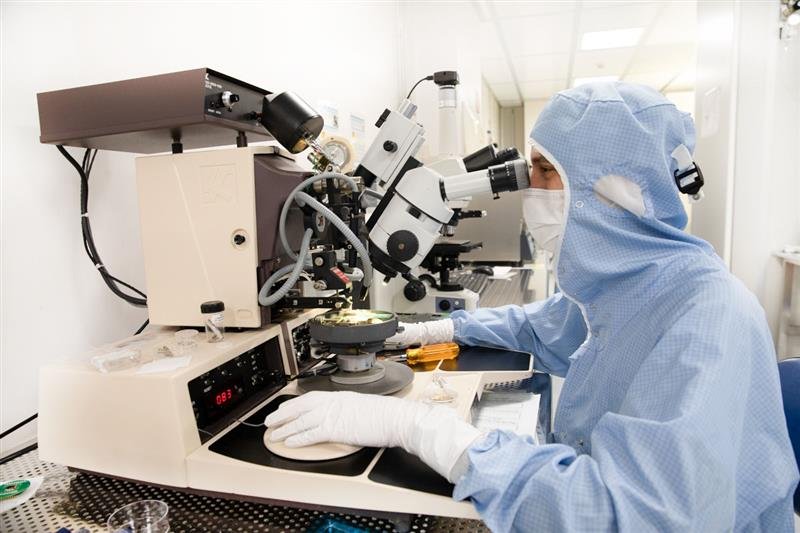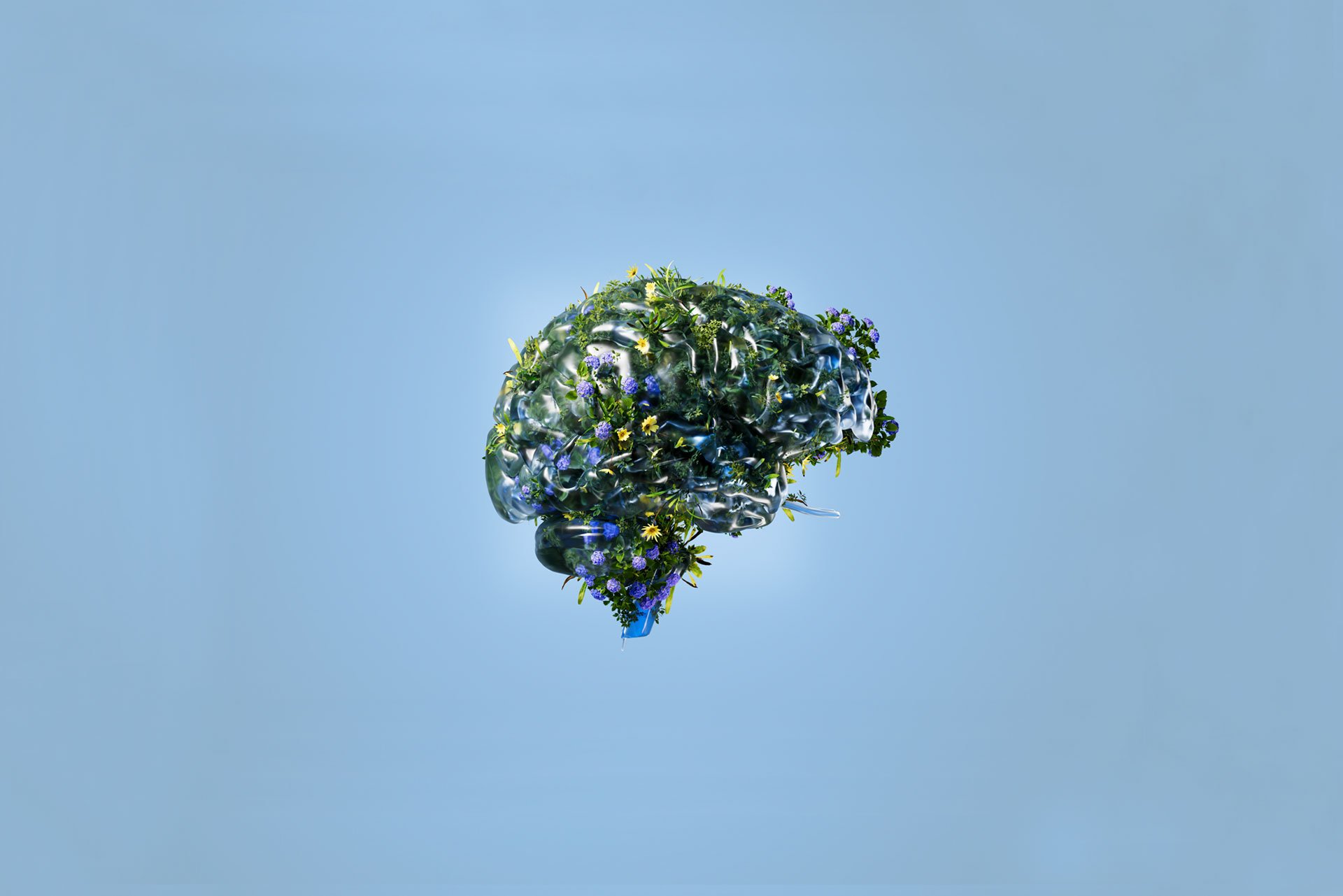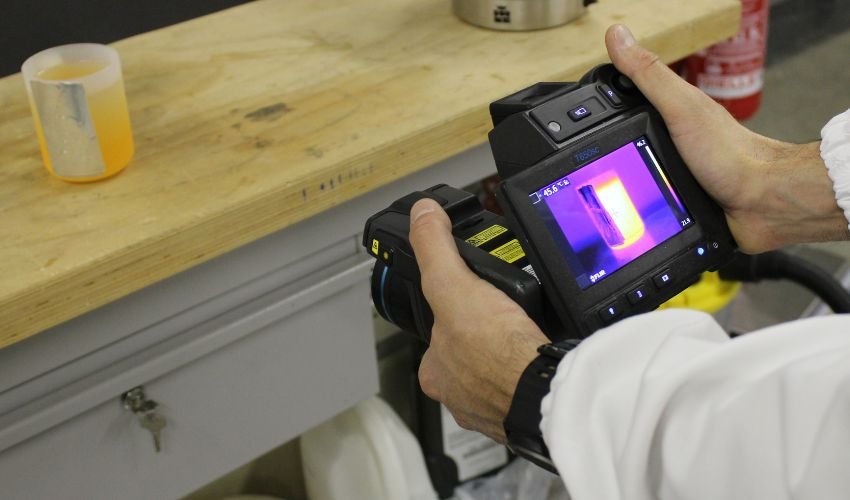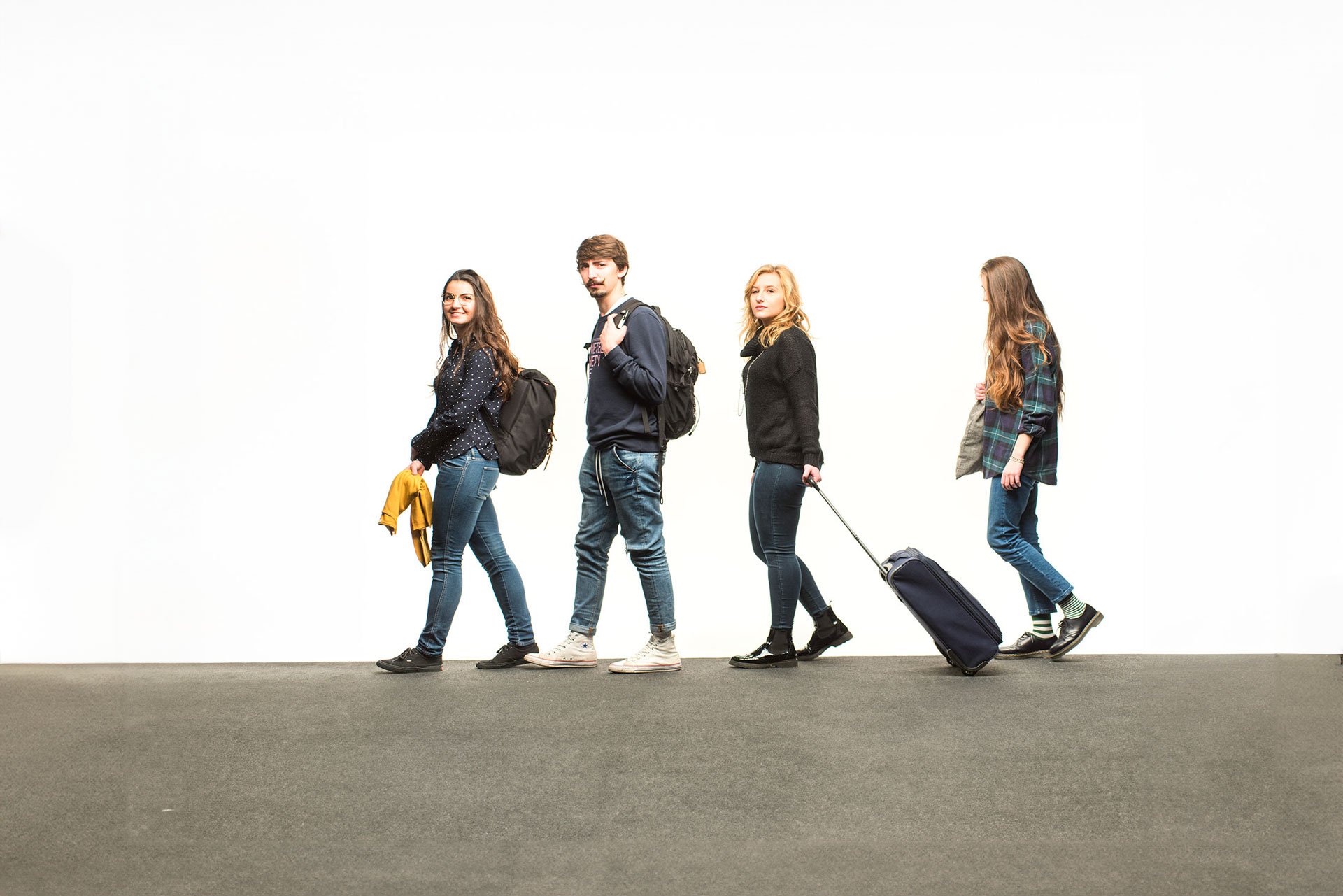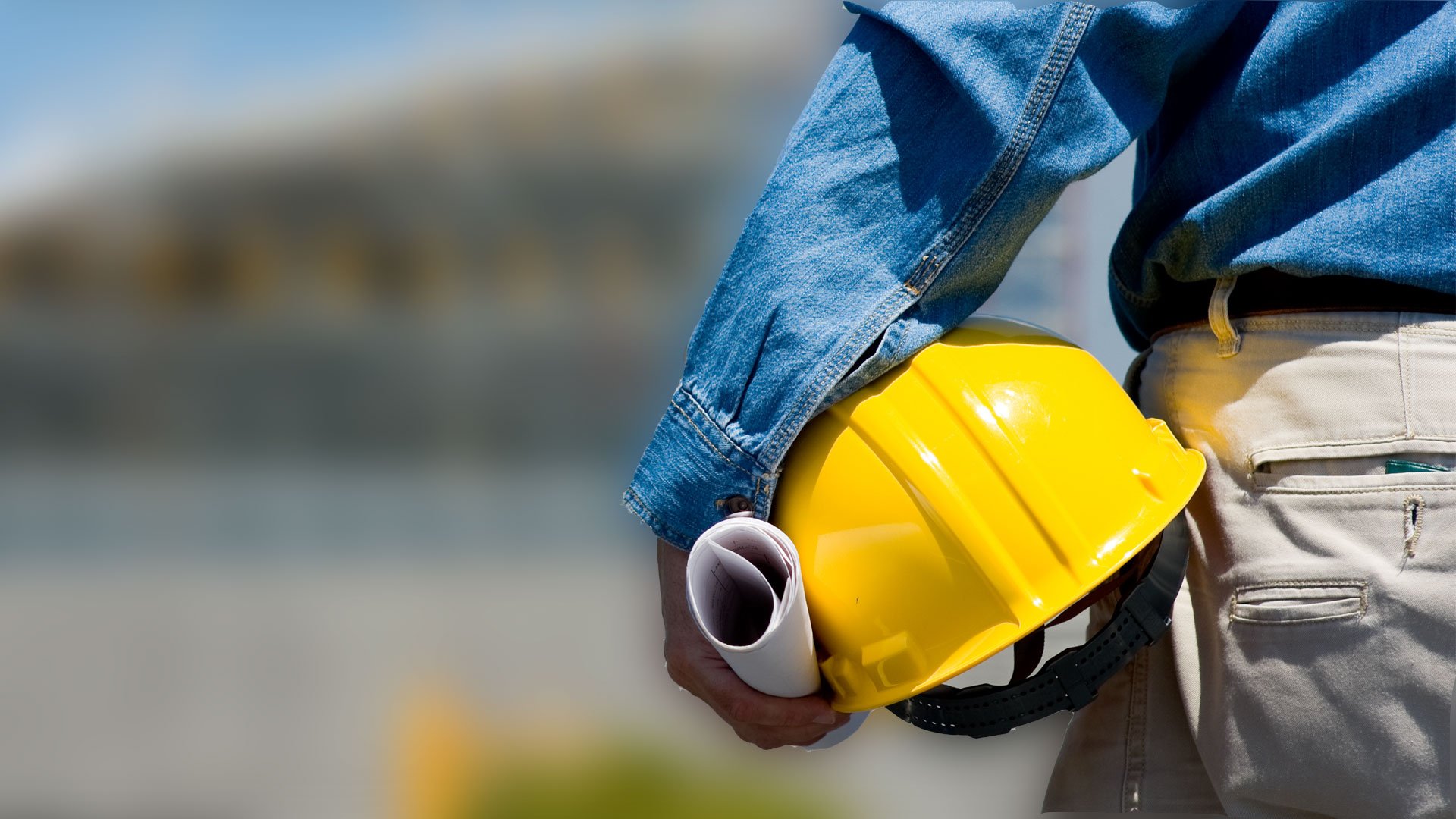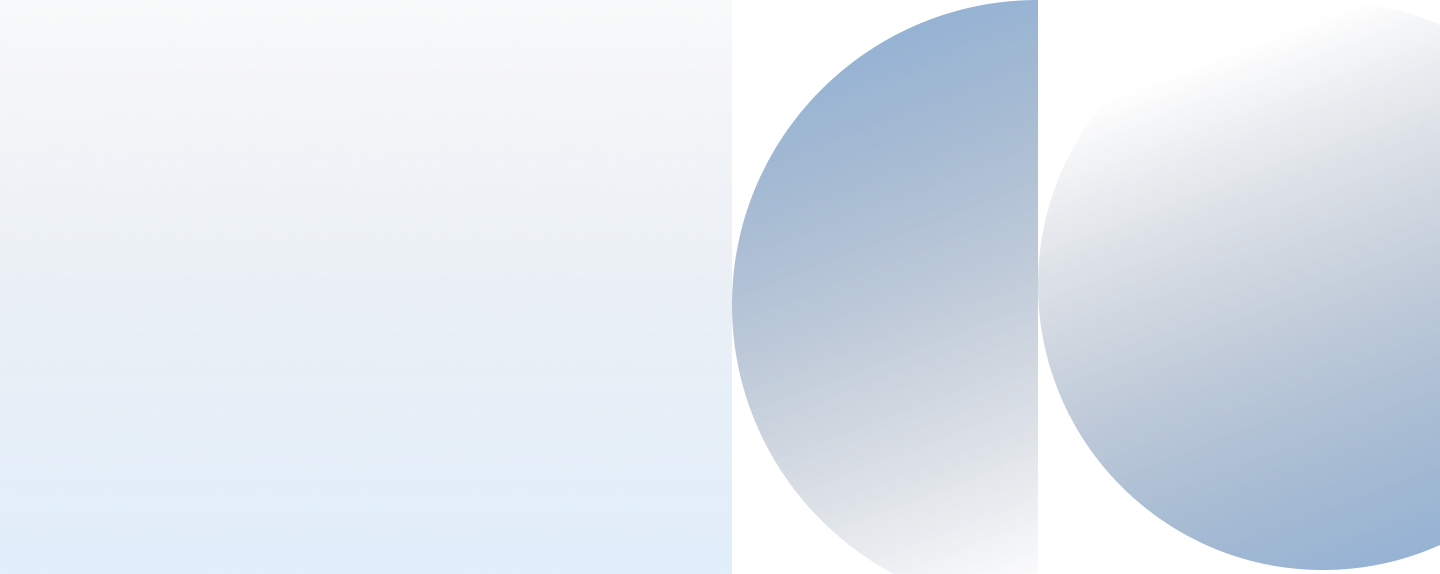
(Workshop)
- Docente responsabile
- VENERE FERRARO
- CCS proponenti
- Digital and Interaction Design Design & Engineering - Progetto e Ingegnerizzazione del prodotto Industriale
- CFU
- 3
- Ore in presenza
- 12
- Prerequisiti
- The Design Workshop is addressed to master Students from the School of Design, preferably enrolled in the following:
DESIGN & ENGINEERING DIGITAL AND INTERACTION DESIGN
The following expertise is needed:
- Product design and Product development design
- 2D/3D modelling and rendering
- User research, experience design and interaction design - N° max studenti
- 30
- Criteri di selezione
- Evaluation of CV, portfolio, and motivation letter
- Parole chiave:
- Living artefacts, biofilter, biophilic design, interaction design, product design, symbiosis
- Tag
- Interaction design, Product design
Descrizione dell'iniziativa
Are you interested in persuading sustainable and regenerative behaviours by designing living artefacts[1]? Moreover, are you interested in designing symbiotic interactions between human and non-human actors? This initiative is part of a FARB project developed within the Department of Design called RELIVE - Designing Living Artefacts for Regenerative Futures. The project explores and conceptualises a framework for designing living artefacts through living materials and digital technologies. The framework will be applied to the Made in Italy system to contribute to the ecological challenges we face today, promoting regenerative futures. Starting from a research project carried out by Professors Costa and Nebuloni in collaboration with Professor Luciana Migliore (Università di Roma Tor Vergata), young designers are asked to design contextual applications of a living water biofiltering system, expanding from three user-based scenarios provided by the research team. Moreover, they will design the shape of the biofilter based on an ad hoc microbial consortium, speculating on forms and interactions according to the related use scenario and the set product requirements.
[1] The RELIVE research group proposes the following: "Livingness is the property to encode life-like abilities within artefacts, enhance novel user interactions and foster regenerative futures. Livingness is enabled by natural, programmable or engineered matter".
The Workshop is guided by a set of methods and tools defined during the first phase of the RELIVE research. In this phase, the research team consulted academic literature and conducted several interviews with practitioners who are currently working with living artefacts. The design of scenarios and biofilter builds on the current results of the Jetsons' kitchen project [2]developed by Politecnico di Milano (Department of Design) in collaboration with Università di Roma Tor Vergata (Ecomicro Lab, Department of Biology).
- Extended definition proposed by the research team
- Design guidelines (methods and tools)
- Focus on water bio filtering system based on the microbial consortium.
- Envisaged use scenarios (home, hotel/restaurant/cafeteria, co-housing).
[2] www.francoangeli.it/Libro/The-Jetsons%27-Kitchen-A-zero-mile-system-for-waste-water-recycling-and-cultivation
Periodo di svolgimento
dal September 2024 a January 2025
Calendario
- Risultati della selezione degli studenti: 6 settembre
- Avvio del Progetto: 12 settembre in presenza (obbligatorio)
- Revisione 1 sulla selezione dello scenario e del caso d'uso: circa 2 settimane dopo il lancio del progetto (da definire a seconda delle esigenze/lezioni del gruppo)
- Revisione 2 sull'analisi dei casi di studio e sull'ideazione del concetto: circa 2 settimane dopo la revisione 1 (da definire a seconda delle esigenze/lezioni del gruppo)
- Revisione 3 sul concept e sul percorso dell'utente: circa 2/3 settimane dopo la revisione 2 (da definire a seconda delle esigenze/lezioni del gruppo)
- Revisione 4 sul concetto e sul percorso dell'utente: circa 2/3 settimane dopo la revisione 3 (da definire a seconda delle esigenze/lezioni del gruppo).
- Presentazione finale: dicembre/gennaio (da definire a seconda delle esigenze/lezioni del gruppo).
Le date possono subire variazioni in funzione delle necessità del calendario accademico e di quelle dei corsi seguiti dagli studenti partecipanti.
Note
Students involved in the activity will have the opportunity to explore further and develop the project through a project-based master thesis. Teachers will select the most promising projects to develop a medium-fidelity prototype.

